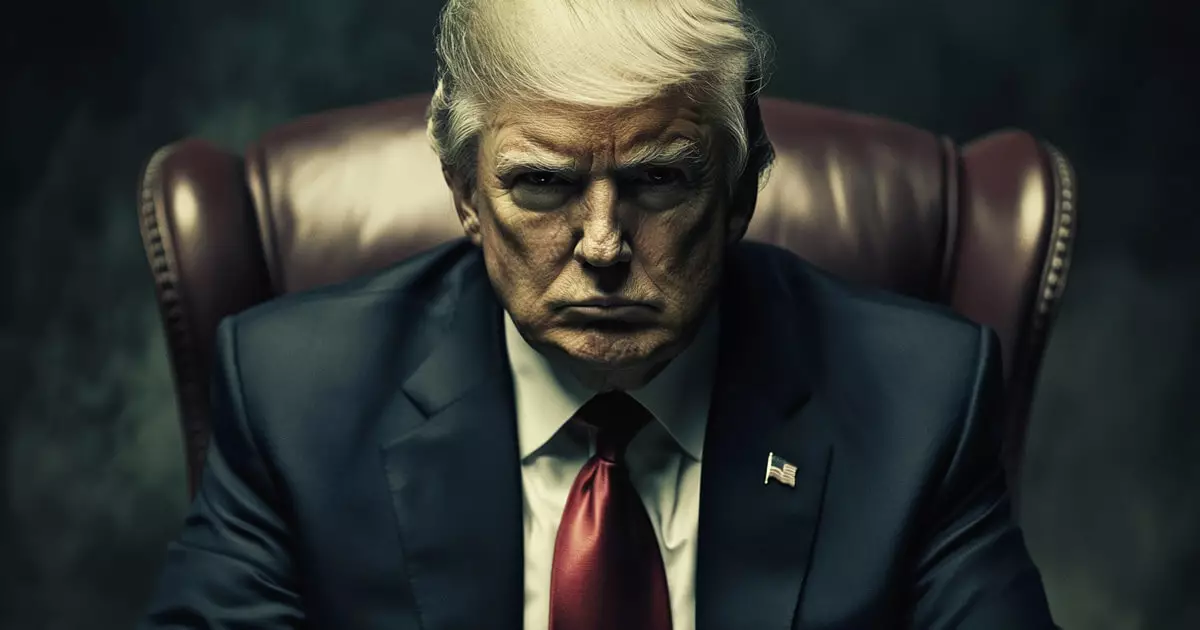In light of the evolving landscape of cryptocurrency and blockchain technology, the Blockchain Association recently conveyed a critical message to president-elect Donald Trump and Congress. This nonprofit organization, which represents a multitude of businesses within the crypto sector, has outlined a series of essential priorities that they believe should be addressed in the first 100 days of the new administration. The request, articulated by CEO Kristin Smith, emphasizes the urgent need for regulatory reform, particularly in the face of the existing leadership at several key financial agencies.
While many in the crypto community are advocating for a change in leadership at the U.S. Securities and Exchange Commission (SEC), Smith argues that this is merely a surface-level solution. The complications that the crypto industry faces extend beyond the SEC and include concerns regarding the Internal Revenue Service (IRS) and the Treasury Department. Smith highlights that true structural changes must dive deeper than just personnel adjustments, ensuring that the regulatory environment becomes conducive to innovation rather than stifling it.
The Implications of IRS Guidelines on Crypto
The IRS has recently introduced new guidelines mandating brokers to disclose extensive information about digital asset transactions, which, according to the Association, may have dire consequences. This “Broker rule” could potentially push crypto-related businesses to consider relocating offshore, undermining the financial stability of domestic operations. Smith’s letter points out that the taxation policies regarding digital assets are riddled with inconsistencies that further complicate compliance for businesses operating in this space.
Another significant point raised by Smith pertains to the Treasury Department’s approach to software developers and the implementation of privacy protections for U.S. citizens. The letter calls for a shift in attitudes that prioritizes innovation and privacy in the digital economy, suggesting that the current framework may not adequately support developers and could lead to a stifling of creative advancements.
Moreover, Smith urged the administration to reconsider the SAB 121 accounting guideline, labeling it punitive towards crypto assets. This regulation mandates that publicly listed companies account for cryptocurrencies on their balance sheets, which Smith argues inhibits growth and distorts the market’s potential. Such adjustments are necessary to foster a healthy ecosystem where businesses can thrive.
Establishing a Supportive Regulatory Framework
The need for a “fit-for-purpose” regulatory framework emerged as a key suggestion within the letter. Smith argued that a balanced regulatory environment is essential, one that protects consumers while simultaneously encouraging innovation within the crypto market. From a practical standpoint, the conclusion stresses that many crypto firms have been barred from accessing traditional banking services, urging that regulatory adjustments must facilitate necessary financial interactions that are vital for operational success.
To consolidate these efforts, Smith advocated for the creation of a crypto advisory council that would collaborate with Congress and various regulatory bodies. Such a council could serve as a vital communication bridge, ensuring that the concerns of the crypto industry are consistently considered in legislative processes.
The Blockchain Association’s proposals to President Trump outline a prospective pathway towards a more supportive and balanced regulatory framework for the cryptocurrency sector, enabling growth while safeguarding consumer interests. It’s a clarion call for a reassessment and modernization of policies that reflect the dynamic nature of digital finance.
















Leave a Reply